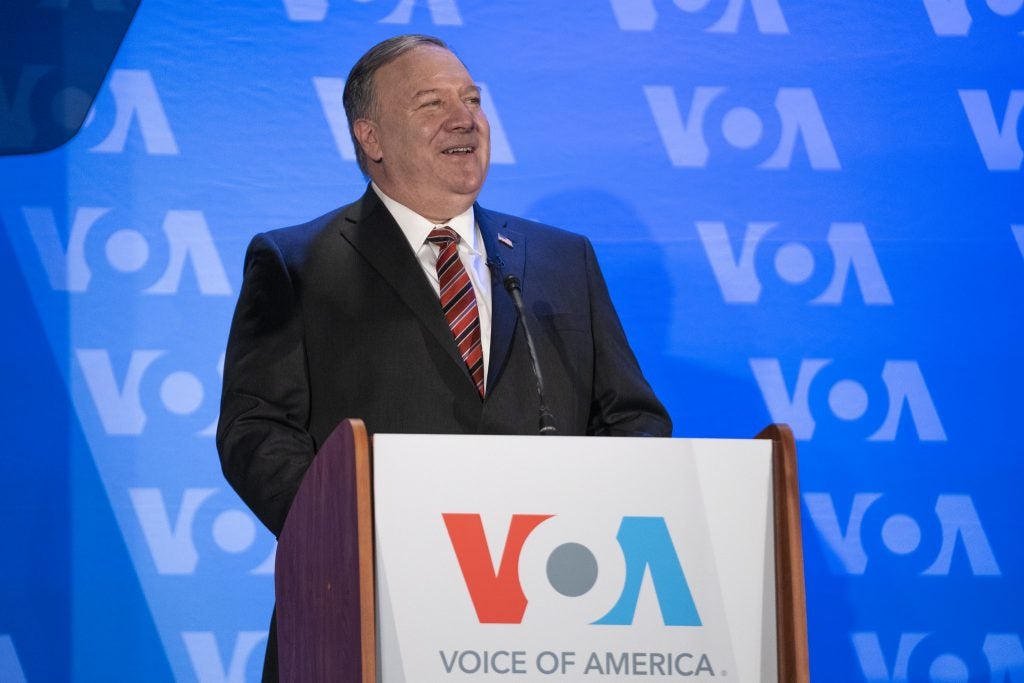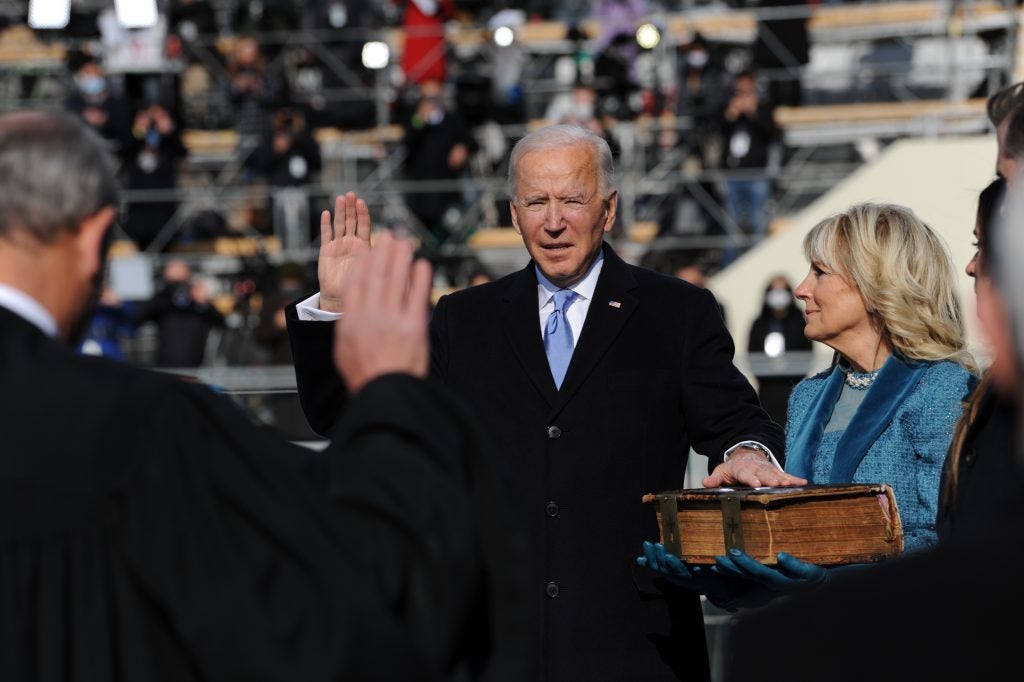Taiwan’s Representative Invited To Presidential Inauguration In Symbolic Move
Taiwan’s envoy to the United States was present at the inauguration ceremony of President Joe Biden, in a deeply symbolic move. The invitation of Bi-khim Hsiao by the Joint Congressional Committee on Inaugural Ceremonies is the first time a representative of the Taiwanese government has been officially invited to an inauguration ceremony since 1979, when the US terminated official diplomatic relations with Taiwan. Previously, Taiwanese representatives that wished to attend inauguration ceremonies needed invitations from individual members of Congress.
In a video message uploaded to social media just before President Biden took the oath of office, Hsiao said in front of the Capitol:
“I am honored to be here today on behalf of the people and government of Taiwan, at the inauguration of United States President Biden and Vice President Harris. Democracy is our common language, and freedom is our common objective. I look forward to working with the next administration in advancing our mutual values and interests.”
The Taiwanese Ministry of Foreign Affairs said in a press release that Hsiao’s invitation “highlights the close and cordial ties between Taiwan and the United States based on shared values”. In another release congratulating President Biden and Vice President Harris, the MOFA said that the Taiwanese government “looks forward to working with the new US administration to further strengthen bilateral relations and contribute to the promotion of peace, stability, and prosperity in the Indo-Pacific region”.
The symbolic nature of Hsiao’s presence was further highlighted by the People’s Republic of China’s announcement during the inauguration ceremony of sanctions on members of the Trump administration, including outgoing Secretary of State Mike Pompeo. The PRC issued sanctions on Pompeo, 27 other officials including outgoing National Security Adviser Robert O’Brien and his deputy Matt Pottinger (Pottinger in particular is considered to be at the heart of the Trump administration’s hardline policy on China) and their immediate family members. In addition to banning their entry to mainland China, Hong Kong or Macau, companies or institutions linked to them are banned from operating in the PRC.

The sanctions come in response to the final few weeks of Trump’s administration, which saw Pompeo announce in rapid succession the lifting of “self imposed restrictions” on relations on Taiwan on January 9, and the announcement of US sanctions on six PRC and Hong Kong officials on January 15, for their role in a crackdown on pro-democracy activists in Hong Kong under the auspices of the National Security Law. This culminated in the January 19 announcement that the State Department under Pompeo had determined that the PRC was committing genocide against the Uygurs in Xinjiang.
Anger in Beijing is likely compounded by statements by Secretary of State candidate Antony Blinken that he agrees with the Trump administration’s approach to China and Pompeo’s assessment that a genocide is underway, even if he did not agree with specific tactics used by the outgoing administration. Biden’s National Security Council spokeswoman Emily Horne has said to Reuters that the timing of the sanctions announcement was “seemingly an attempt to play to partisan divides”, urging bipartisan criticism of the “unproductive and cynical move”.

